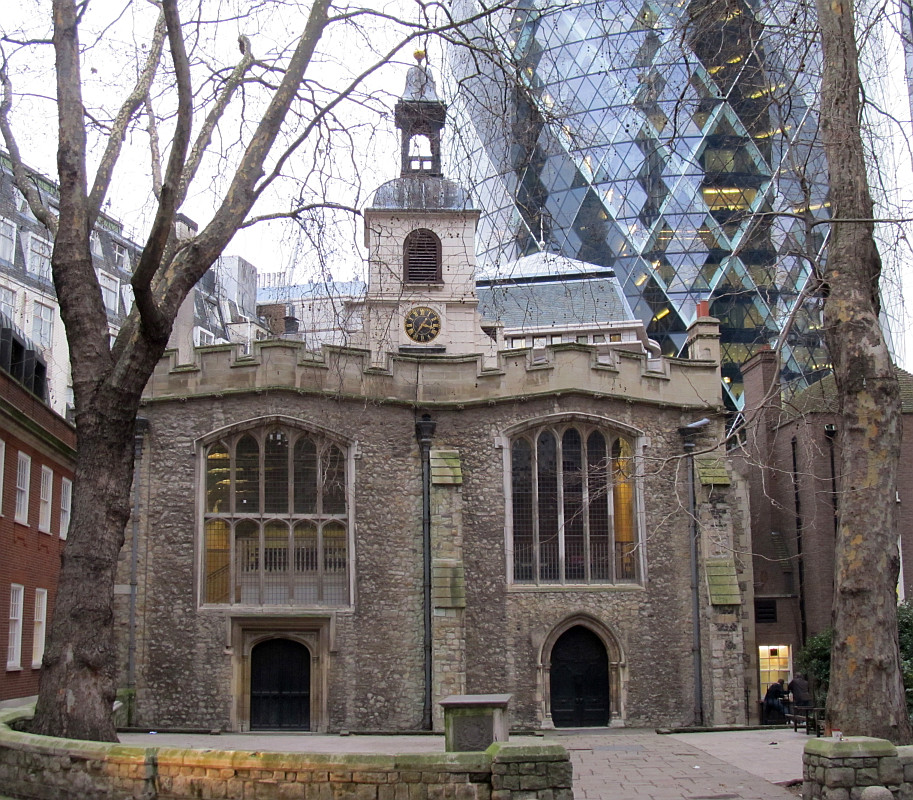by Martyn Percy

Part one of a two part examination of the Alpha Course
By any yardstick, Alpha Enterprises – courses, books, conferences and other programmes – is one of the more impressive missional developments to have emerged in the last 50 years.
The original course began in 1977 under Charles Marnham, a curate at Holy Trinity Brompton (HTB). John Irvine, Marnham’s successor, developed it further, before Nicky Lee and eventually Nick Gumbel completed the evolution under Sandy Millar, the Vicar. The course is now available in over 100 languages, half the countries of the world, and its is estimated the total number attending the course exceeds 25 million in its near 50 year history.
I wrote a reasonably prescient critique of Alpha in 1997 for Reviews in Religion and Theology. This was at the high-point of Alpha, when 10,500 courses were running in the UK. Stuck for a title for the tongue-in-cheek review article, the publishers rang and asked me for a view.
I plucked ‘Join-the-Dots Christianity’ out of thin air, and the label has stuck ever since. It is faith given the painting by numbers treatment. Alpha is to mission what a Lego version of what Michaelangelo’s Statute of David might do for fine art. Once you have this in your head, you cannot unthink it.
Of course, Alpha is not Christianity. And Christianity is not Alpha. Alpha is a form of packaging that has been attractively branded, and so it should be treated as any wrapper might be. The goodies are inside. The envelope is not the point of gift, any more than the accent of a preacher is integral to the gospel.
That said, the more one might laud the wrapping, the lesser the stress on the contents become. Here, I suspect that one of the reasons Alpha resonates is that the leadership culture of the Church of England has decomposed into one where appearance matters more than reality. How the church wraps its news, sometimes to try and manipulate the media, and tries to bury uncomfortable truths is a resonant feature of its communications and public relations.
The underlying culture that gives credence to this resonance has been cooking for a very long time. For example, consider this conundrum. Are sermons and talks for training and equipping (i.e., skills, techniques, etc.) congregations? Or, are they, following Paulo Freire, for education and liberation (i.e., critical questions of belief and praxis, and the fostering of wisdom, etc)?
I instinctively recoil from the idea that sermons, talks or even church itself is a training-centred institution. But I accept that in times of duress and distress – and the churches are surely living in such contexts – a training-based focus is almost bound to emerge. Education and wisdom ceases, and its replaced by instruction and coaching.
But Alpha is, as I say, packaging. It is not the gospel, and it does not claim to be. Yet the underlying culture of Alpha does carry some assumptions about faith, God and Christian life that make it a particular type of pedagogy that the majority of Christians find uncomfortable (i.e., the number left globally when you subtract 25 million, which is around 2.5 billion), but cannot quite put the finger on why.
First, Alpha gives a free pass to pragmatism. If it looks like it works, it must be good. If we can’t see results quickly, it will almost certainly be time-consuming and expensive. This is not a helpful fundament to adhere to for valuing theology, which is a slow, slow discipline that takes decades for the seed to gestate into good fruit.
Second, Alpha is inherently mechanistic. The Bible itself is treated as a kind of instruction manual or guide book – there to fix matters when things go wrong, and to make sure other things work better. A vision for pedagogy founded on such assumptions will provide training and apprenticeships, but be suspicious of education and questions that the manual doesn’t address. Being on an Alpha Programme is a bit like being walked through a Haynes Car Manual over the course of ten weeks. I’ve nothing against Haynes Car manuals, by the way. I just don’t think I’d enjoy these being preached from the pulpit. Like the vast majority of Christians, I don’t go to church to be trained and equipped.
Third, if the goal of Alpha Programmes is training and equipping for greater growth and effectiveness, then of course, education – a pedagogy schooling students in the art of constructive dissent – will be largely unwelcome, as conformity to a blueprint is bound to be preferred to critical thinking. Sermons in training-based ecologies school congregations in compliance.
Fourth, sermons that flow from a revolutionary pedagogical model or dissenting educational ecology will challenge and disturb listeners. But hearers will learn to think, and engage in the tradition critically. The mechanistic training model won’t do that; it would be like trying to argue with the instruction manual for a broken gas boiler. My advice? Don’t.
Fifth, salvation is packaged as an individualistic, quasi-Pelagian faith. I am with the present Pope, however, who in paraphrasing Saint Francis of Assisi has often remarked that “no one is saved alone; we can only be saved together.” (cf. Fratelli Tutti, 32). We cannot be judged alone, and we cannot be saved alone.
I’ll concede the difference between training and education is a characterisation. That said, the training model will deliver mechanistic instructions and techniques, based on its assumptions of revelation and the relationship between divine and human agency. The educational model will see revelation as complex, requiring critical interrogation, imagination and interpretation.
At present, the vast majority of Church of England bishops are locked into supporting the mechanistic training model. The long-term consequences for such short-termism are yet to be seen, but are likely to result in a thinner grasp of the richness of faith amongst congregations, and a sense amongst the laity that they are only being “equipped” with “tools and techniques” to achieve certain ends, which are nominated by bishops in strategies, plans and visions.
Whilst teaching that offers techniques that are orientated in mechanistic, pragmatic, restorative, overhauling and expansive aspirations for the faith, an enormous range of teaching is excluded by such prioritisation. Perhaps this is inevitable given the pragmatics. After all, many clergy are now ordained after studying for two years, which in fact turns out to be around twenty months.
I might add they work very, very hard, and at considerable cost to them and their families/partners/supporters and friends. But this is hardly akin to the seven years of education and formation required of Jesuits. The Christian life, rather like Christmas or Easter, is not something you can learn from a Haynes Manual (see illustration below – a humorous book, obviously). The Christian life needs to be lived. We are always becoming Christian. Conversion is present and future tense, not one date to be marked up in the past tense.
The graduates of Alpha Programmes are now emerging. The courses that began almost fifty years ago have produced clergy, not all of whom have stuck with the blueprint. Some have recognised that their Alpha-Mater left them with holes in their Christian knowledge. The exclusions that will sometimes crop up in sermons and teachings are the fruit of mechanistic-pragmatic training models would cover, but not be confined to, critical thinking, imagination, wisdom, desert spirituality, analogy and poetry, deeper journeys into contemplative prayer, loyal dissent and authentic revolutionary theologies. These seek to resist oppression, confront oppressors, and transform the church with liberationist thinking. The job advertisements in the Church Times are instructive here. For the most part they focus on equipping and growth – the twin concerns of mechanistic-pragmatic paradigms in training ecologies.
Alpha hasn’t caused any of this, by the way. There is no blame being apportioned here. The success of Alpha Programmes is merely a symptom of where the Church of England has got to and where some other denominations have arrived at in the 21st century. But if the church is to survive, it might need to ask what pedagogical assumptions programmes like Alpha carry. And whether this packaging is, in fact, at some risk of veiling the revolutionary power and gift of the gospel.
Revd. Prof. Martyn Percy





